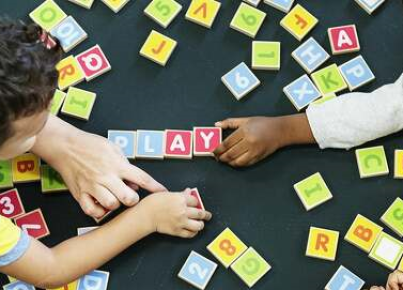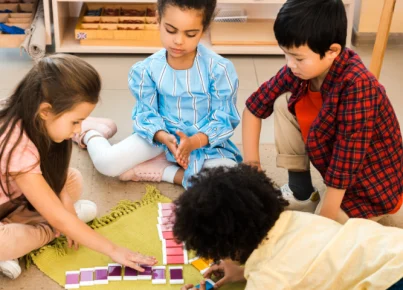The integration of games into the classroom setting has become a significant tool in modern education. Not only do children enjoy playing games, but they also reap numerous educational and developmental benefits. Here are 10 advantages of employing classroom games for both students and teachers:
1. Enhanced Engagement: Games capture children’s interest more effectively than traditional lectures, encouraging active participation from the entire class.
2. Better Retention: The interactive nature of games helps students retain information better as they learn through experience and practice.
3. Improved Social Skills: Many educational games require teamwork, which promotes social skills like communication, negotiation, and empathy among peers.
4. Encourages Healthy Competition: Classroom games often foster a competitive spirit that can motivate students to push their boundaries and perform better.
5. Instant Feedback: Games usually provide immediate results or feedback, enabling both students and teachers to understand areas of strength and those needing improvement swiftly.
6. Stress Reduction: Playing games can be relaxing and serve as a stress reliever, helping to create a positive atmosphere in the classroom.
7. Flexibility in Learning: Games can be adapted to suit different learning styles and paces, ensuring that every student’s educational needs are met with flexibility.
8. Creative Problem Solving: Games that involve puzzles or critical thinking tasks encourage inventive problem-solving, fostering creativity among students.
9. Enhanced Motivation: The rewarding nature of games can increase a student’s motivation to engage with the subject material and succeed in challenges.
10. Teacher Insights: Through observing gameplay, educators get valuable insights into each student’s learning process, preferences, and abilities, allowing for tailored teaching techniques.
Incorporating games into classroom activities not only makes learning fun but is also an effective way to enhance educational outcomes and skill development for children while providing teachers with additional tools for engagement and assessment.





